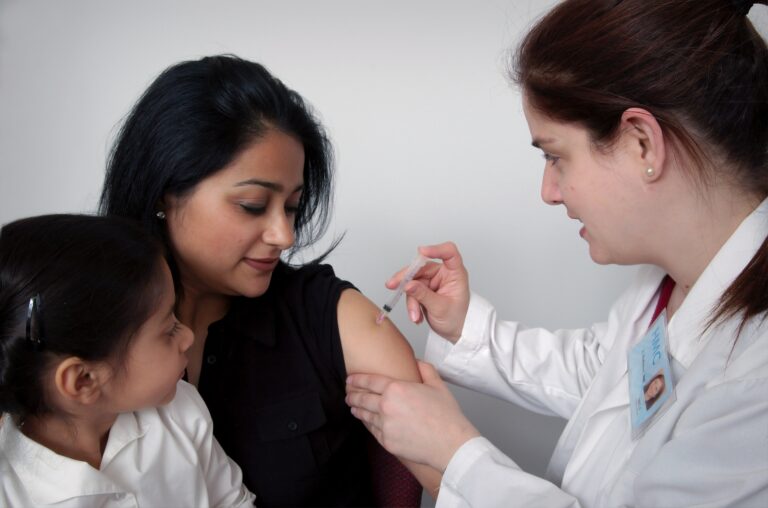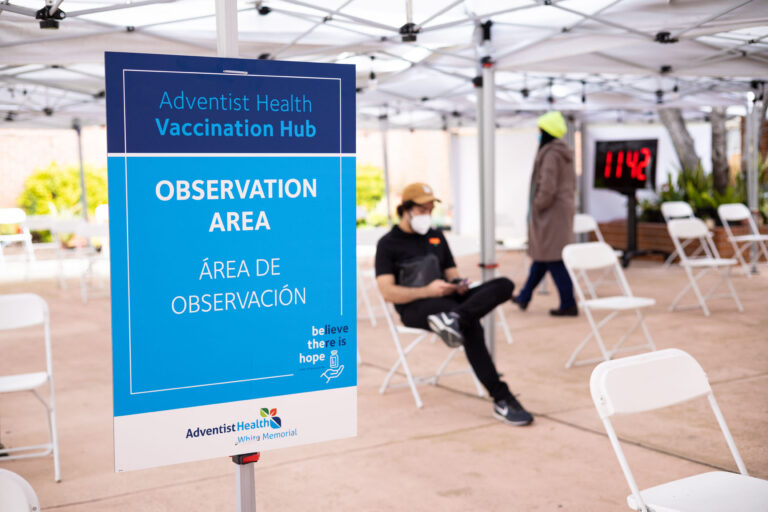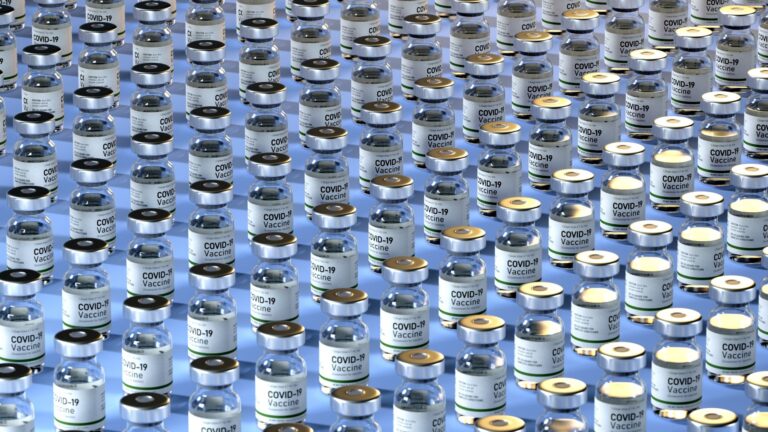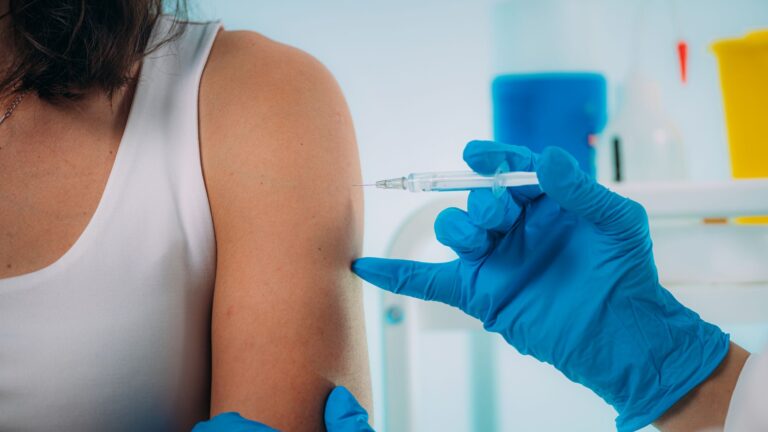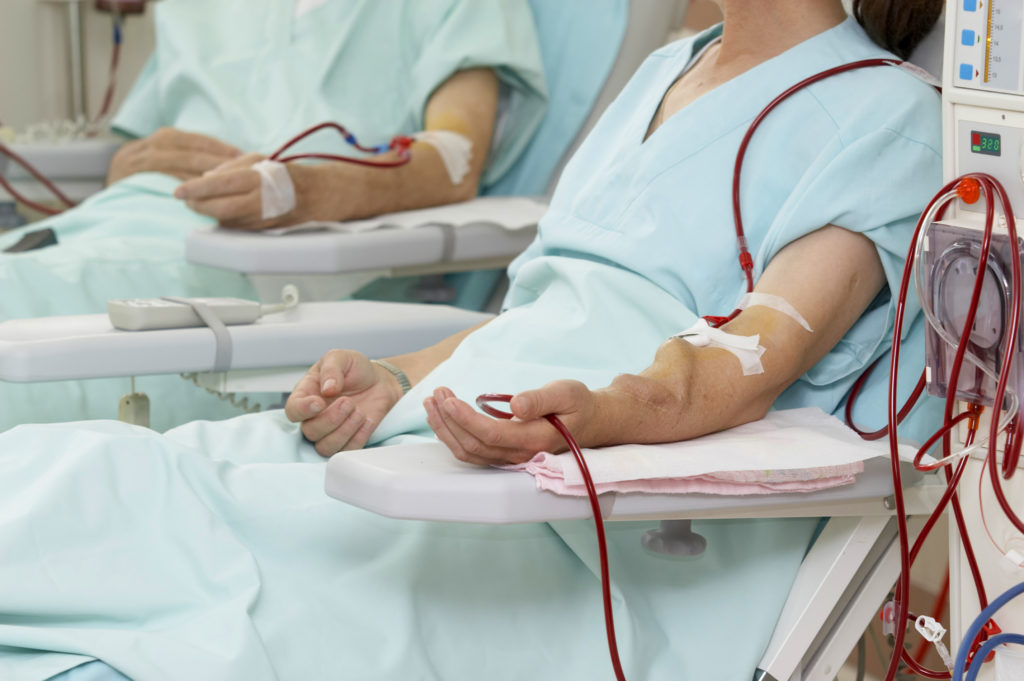
Coronavirus is dangerous for people with underlying health conditions like kidney disease. Right now, you may not know what to do. What will happen with your dialysis? Should you be isolating at home?
It’s important to talk to your doctor about your concerns. Here are some other things you should know:
Who Should Self Isolate?
If you have kidney disease, experts say that you should self-isolate if:
- You are on dialysis
- You had a kidney transplant
- You are over 70 and on immunosuppression (or have been in the past)
- Your kidney disease is caused by an inflammatory condition, like lupus, vasculitis, IgA nephropathy, minimal change disease, FSGS, membranous nephropathy or Goodpasture’s disease
Call your doctor to find out if you should be self-isolating.
In general, people with kidney disease should be doing all they can to stay home and avoid people.
- Stock up on as many supplies as you can, so you can limit trips to the store.
- Keep your distance from other people.
- Wash your hands often.
- Avoid crowds
What if I’m Showing Symptoms of COVID-19?
If you have a fever and/or a dry cough, stay home and self-isolate for at least seven days if you live alone. If you live with other people, everyone in the household should isolate for at least 14 days.
Call your doctor, pharmacy, or emergency room before going there. If you are on dialysis, you will need to call your dialysis unit todetermine what to do and when to go. The procedures and times may change.
If you are part of the extremely high-risk group (listed above), let your kidney doctor know that you have symptoms.
If someone else in your household develops symptoms of coronavirus, see if you can find somewhere else to stay for 14 days. If you can’t, do your best to stay away from the person showing symptoms.
How Will I Get to Dialysis?
You may be wondering whether you should be going to dialysis right now, and the answer is YES.
Do NOT stop your treatment. Dialysis centers have been given instructions (1) on what to do and what safety measures to take for patients.
- You may be given a mask to wear, or you may be asked to wear a mask.
- You will need to call ahead before going to dialysis.
- You will need to let staff know if you have respiratory symptoms (coughing, trouble breathing, etc.).
- Wash your hands frequently.
- They may take your temperature when you arrive at the center.
Your dialysis center will tell you what to do. Follow their instructions to protect yourself and other people.
What Should Caregivers/Relatives Do?
If you have relatives or caregivers entering your home, make sure that they:
- Wash their hands when they arrive and often during their visit.
- Cover their nose and mouth when coughing and sneezing.
- Keep their distance as much as possible.
- Sanitize surfaces they touch.
If your caregiver is sick, ask them to stay home.
Right now, it’s important to put your health first. Stay home as much as you can. Stay in touch with your doctor and continue with your treatments and medications.
You can also find more trusted local services in your community at www.boyleheighstresources.org or download the Boyle Heights Resources app.
Resources
